– How is Russia financing its war in Syria?:
Russia has added a volatile new dimension to Syria’s four-year civil war after unleashing a wave of air strikes across the country.
Moscow has sent hundreds of troops, fighter jets, helicopter gunships, tanks, heavy artillery and other equipment, in response to a “request” by President Bashar al-Assad.
Assad’s regime has been teetering on the brink after a string of heavy losses to rebels and the Islamic State of Iraq and the Levant (ISIL), and the arrival of Russian troops is an attempt to stem the tide.
Russian President Vladimir Putin has allocated $60bn from a secret fund to accelerate the military buildup despite the country’s struggling economy.
Sanctions imposed by the West on Russia since March 2014 over its alleged support of pro-Russian rebels in eastern Ukraine have cost the country some $40bn.
Since then, its currency, the rouble, has slumped, oil prices have tumbled, and billions of dollars worth of assets have left the country.
So how is Russia able to finance its war in Syria?
Igor Sutyagin, a senior research fellow at RUSI, the Royal United Services Institute for Defence and Security Studies, joins Counting the Cost to discuss the money trail.
Denmark slashes benefits for asylum seekers
Denmark’s right-wing government has slashed benefits for asylum seekers as it seeks to bring down the number of refugees entering the country.
Under a new set of rules, asylum seekers without children will receive less than $900 a month in benefits, almost half the $1,700 they previously received.
This comes just weeks after Denmark placed advertisements in four Lebanese newspapers announcing tighter regulations and cuts by up to 50 percent for newly arriving refugees.
So far, more than 350,000 Syrians have lodged asylum claims in Europe, and Denmark expects around 20,000 to arrive at its doors this year.
The prospect of a better life in Europe has driven many to make the treacherous journey to Europe amid a conflict which has killed around 250,000 people.
Marcus Knuth, Denmark’s spokesman on integration and immigration for the ruling Liberal Party, joins the programme to explain why his government has taken such a tough measure.

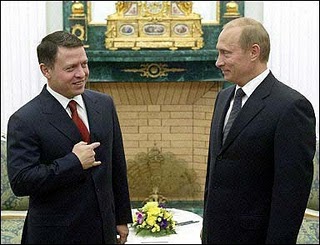
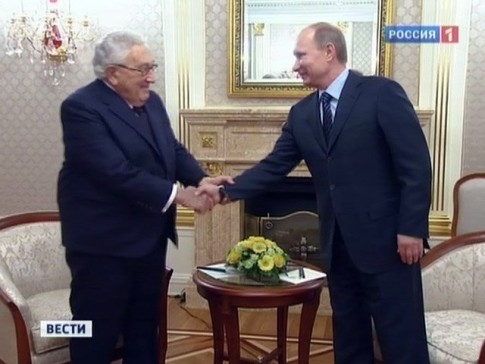
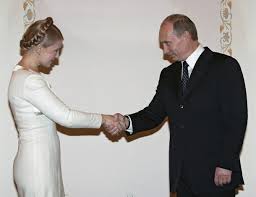
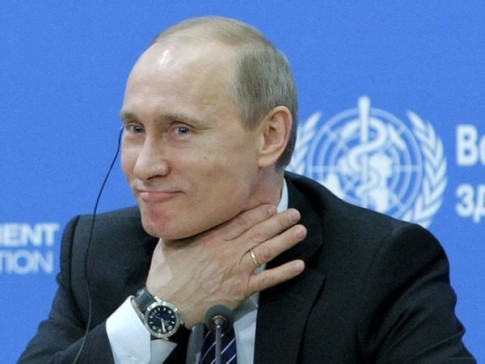

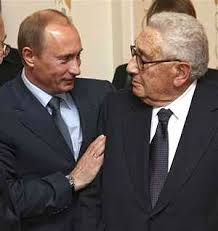
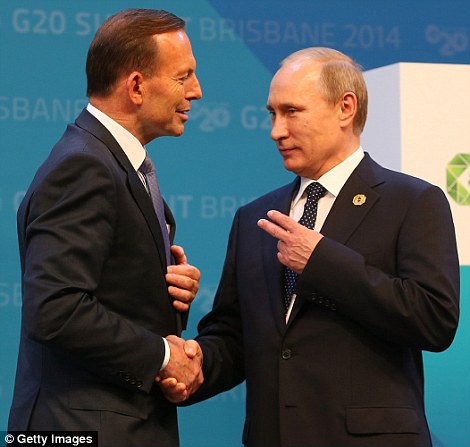
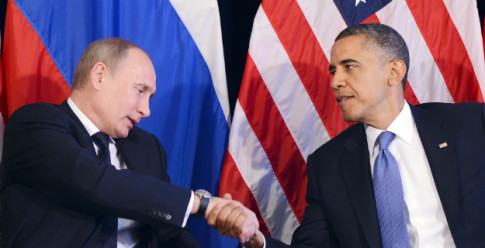
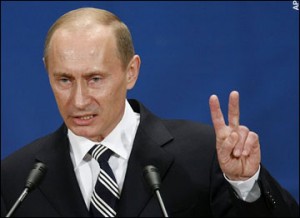
What happened the conclusion of this article….it then went on to talk about Denmark?